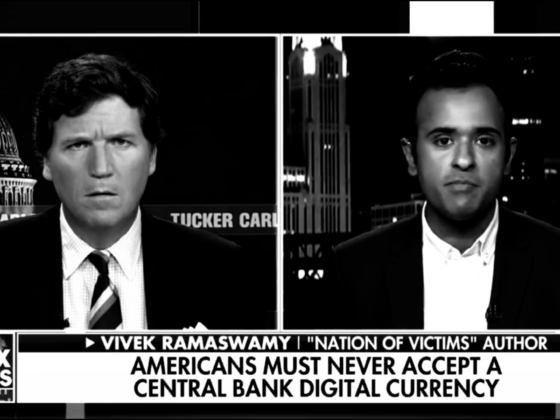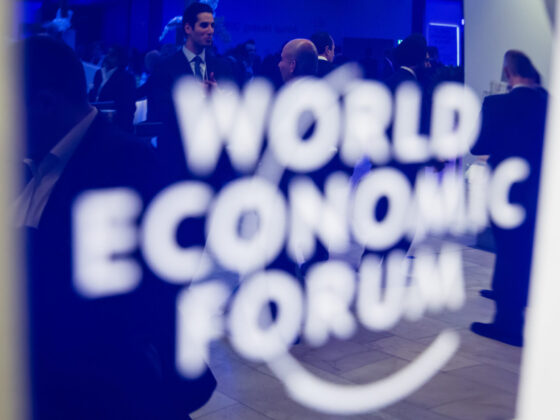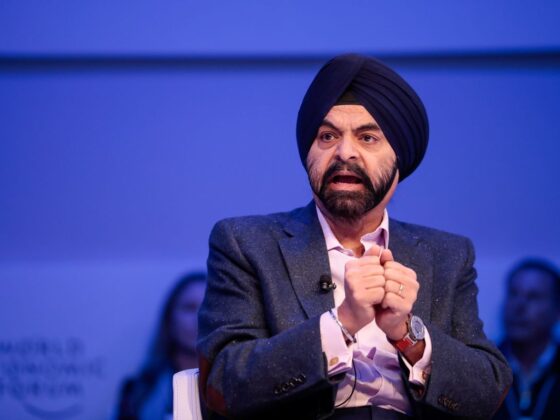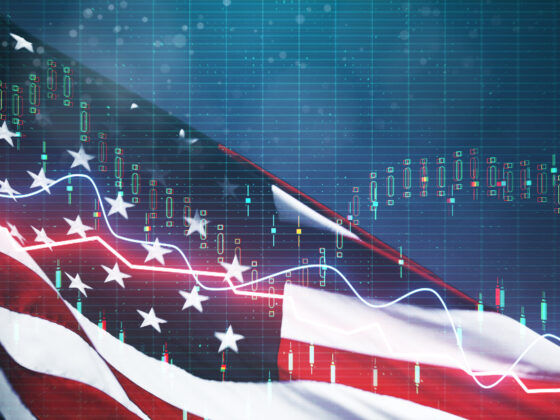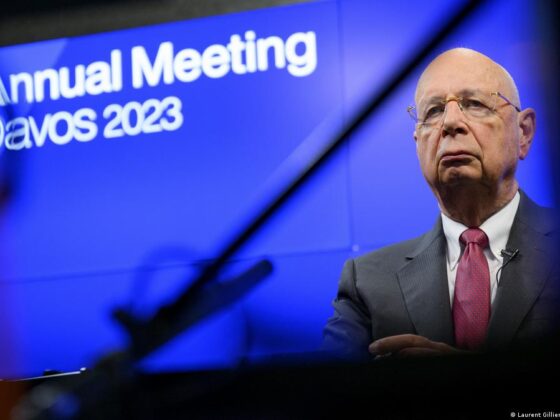First, we must define what an ESG score entails:
According to The ESG Report, “An ESG score is a rating that’s used to determine how sustainable a company is in the areas of environmental impact, social impact and governance. The result of this score is then used by investors when deciding whether or not to invest in a certain company’s shares.”
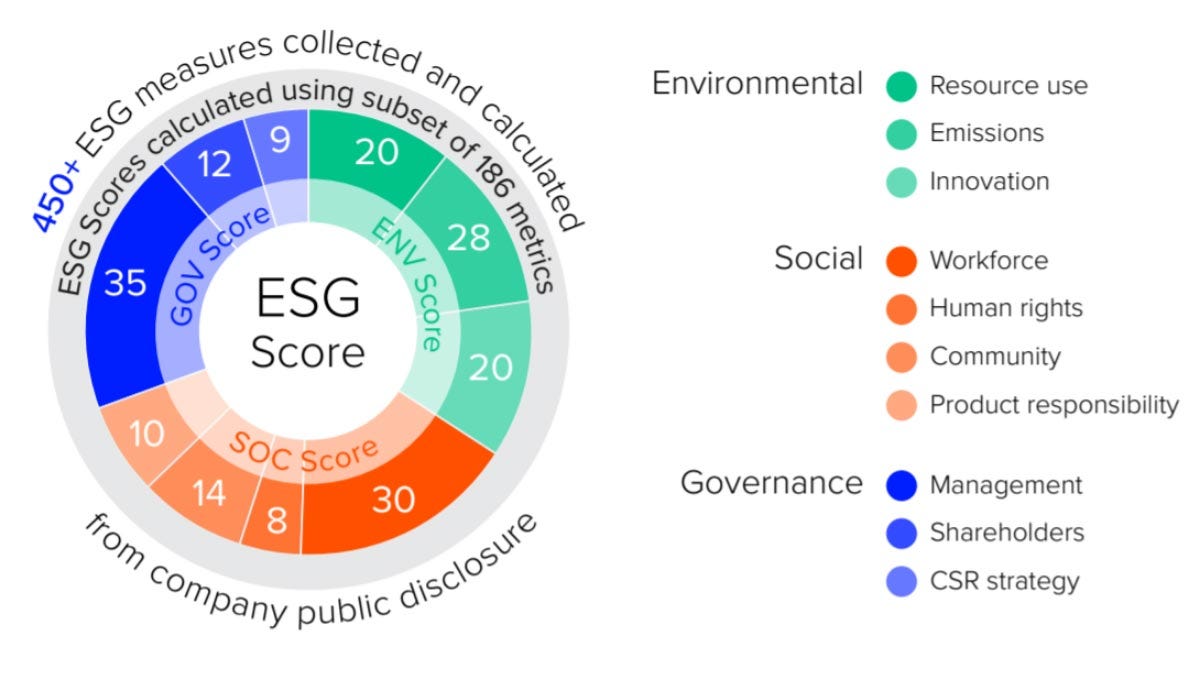
So what does this mean to the average citizen? The companies that you support are given an ESG score based on ESG metrics. So let’s say we have two companies in Texas:
Company #1- Develops firearm products like 17 or 21 round clips for 9MM’s and AR-15 parts and accessories. Company #1 develops products that are in full compliance with Texas state law. Finally, they are legally protected by the second amendment in the United States.
Company #2- Develops literature for school districts that want to introduce Critical Race Theory and Queer Theory. Even though a majority of citizens in these districts may not support Critical Race Theory or Queer theory, the school board contracts Company #2 to supply the material.
Both companies go to Bank of America, Wells Fargo, and Chase for financing. All three banks will evaluate these companies based on an ESG score. Odds are these will be the results:
Company #1 will be denied financing because they will score low in the social and governance categories. Reasons for denial based on ESG criteria: firearms are not good for the community; high capacity clips and magazines might be used for a mass shootings; firearms are not good for Corporate Social Responsibility scores.
Company #2 will be approved financing because they will score high in the social and governance categories: Reasons: CRT and Queer Theory promote- “The Message” or “The Great Narrative.” What is “The Message” or “The Great Narrative?” It’s a collectivist progressive set of beliefs constructed mainly by world leaders and financial representatives at The United Nations and The World Economic Forum. The furthering of groups like Net-Zero, Black Lives Matter, the 1619 Project, and LGBTQ groups are at the core of what they believe. So, because Company #2 would be in line with Corporate Social Responsibility, they would have the blessings of the banks.
Here’s an example of the CSR Pyramid:
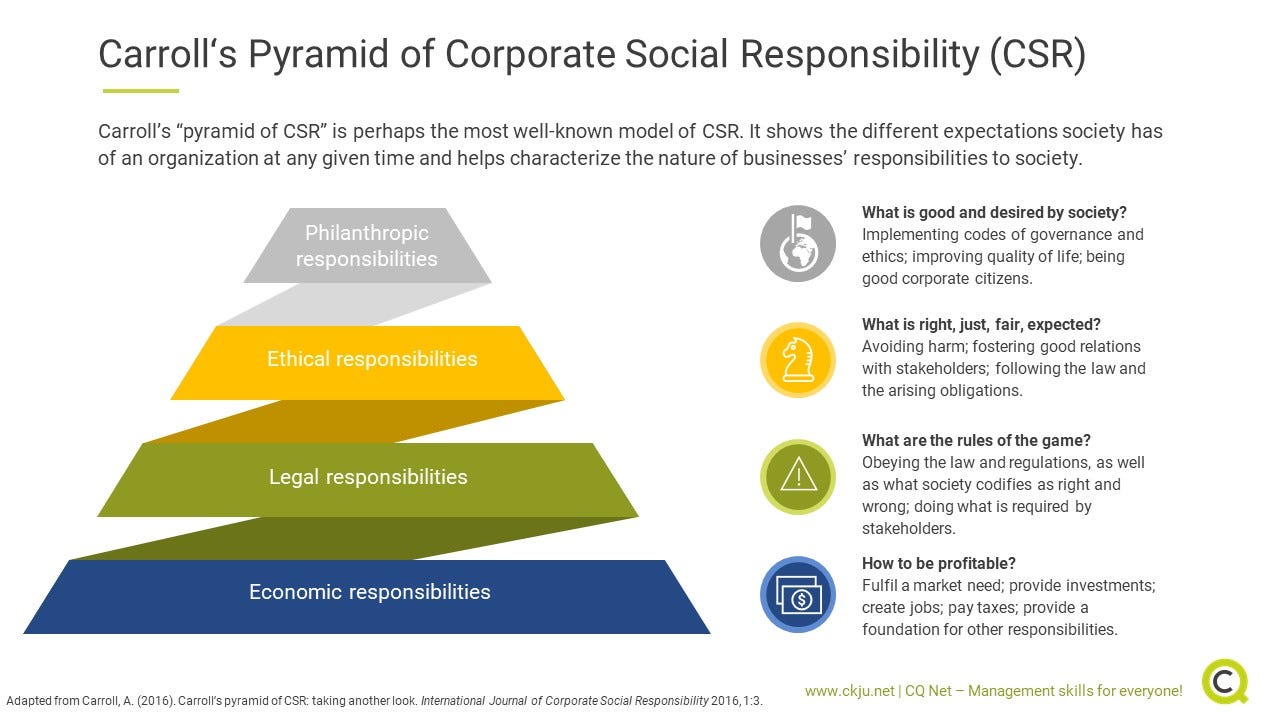
- Pay attention to the subjective- “Rules of the Game.” CSR defines this as what society codifies as right and wrong; doing what is required by stakeholders. What is a stakeholder? A stakeholder is basically anyone involved with the company from consumer to CEO.
So where did the ESG score come from?
According to MSCI, “The practice of ESG investing began in the 1960s as socially responsible investing, with investors excluding stocks or entire industries from their portfolios based on business activities such as tobacco production or involvement in the South African apartheid regime.”
Who is pushing it today?
Larry Fink, CEO of BlackRock, published his Annual Letter to Shareholders with a direct edict- the time to act is now. ESG is a dominant message in his annual letter to shareholders. Fink pretty much parrots Klaus Schwab-The World Economic Forum Director’s goal for The Great Reset….the idea that the world’s economic system needs an overhaul because of the damage of Covid-19. Almost every major corporation has adopted the ESG method.
What is ESG Activism?
1.) An organized cancelling and defunding of any person, country or idea that goes against “The Message.” Examples- Donald Trump, The Canadian Truckers, Russia, Joe Rogan, Russell Brand, Elon Musk.
2.) An organized promotion of “The Message” by corporations, politicians, MSM, Big Tech, and celebrities. Examples- Volodymyr Zelensky, Black Lives Matter, Ukraine, Greta Thunberg, Green Energy, Covid 19 vaccinations.
Have we witnessed ESG Activism in motion lately?
From Sky News:
“The parent company of fast food chain Burger King said it has not been able to close its 800 restaurants in Russia as its joint venture partner has “refused” to do so. Burger King, owned by Restaurant Brands International (RBI), last week said it had suspended all corporate support for its business in the country, following a host of other brands including rival McDonald’s sought to cut ties with Russia after Vladimir Putin’s invasion of Ukraine.”
As you can see below, RBI’s vision includes ESG Governance, Stakeholder Engagement, Reporting, and Materiality. Due to Russia’s not playing by “The Rules of the Game,” they can organize a systematic cancelling and defunding of Burger King within Russia; however, RBI’s joint venture partner doesn’t agree. It will be interesting to see how this plays out…
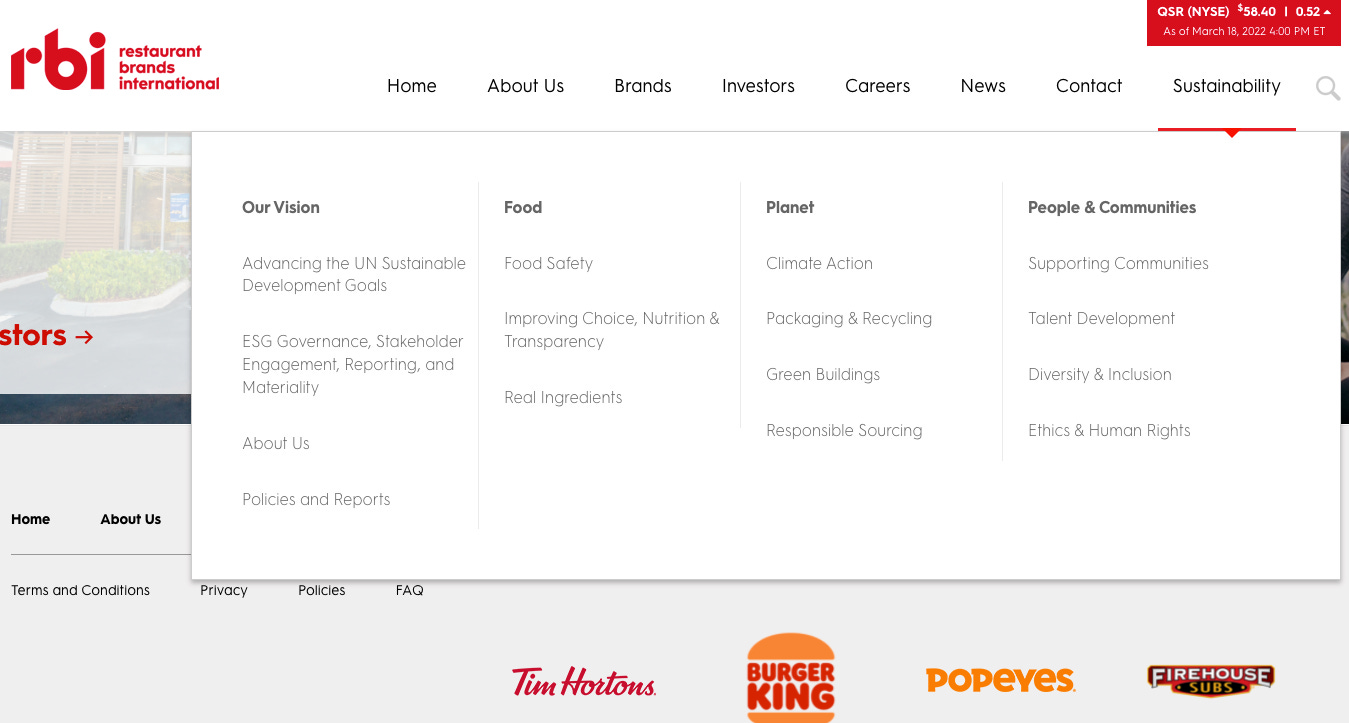
What are the dangers of ESG Activism?
The biggest dangers of ESG Activism are the systematic removal of discourse and debate from the general public. I mentioned earlier that CSR defines “The Rules of the Game” as what society codifies as right and wrong. Also, “The Rules of the Game” are dictated by what is required by stakeholders. This is a dangerous precedent…very dangerous. “The Rules of the Game” should not be decided by corporate elites or what they think society deems as “right and wrong.”
In the ESG system, there’s zero room for dissent. Let’s take a look at Covid-19 vaccinations for a moment. Anyone, especially doctors, who questioned the safety and effectiveness of Covid-19 vaccinations were removed from various tech platforms and labeled peddlers of “disinformation.” There were organized promotions for the Covid-19 vaccine by corporations, politicians, MSM, Big Tech, and celebrities almost to an annoying persistent level. Again, anyone voicing opposition to this campaign, including experts, were systematically cancelled and silenced by the “collective truth.”
So, what happens when you have a company led by Christians? A company that upholds the gender binary? A company that supports pro-life causes? A company that doesn’t support the LGBTQ community? A company that upholds the patriarchy? Under the ESG criteria, this company doesn’t even have a chance to get financed. When the NCAA allows a transgender swimmer to compete and win against biological females and the backlash is so immense against the NCAA, according to the ESG “Rules of the Game,” the NCAA should change their policy into one that reflects the “collective truth” of the majority. Sounds simple enough, but remember the second clause of the “Rules of the Game” are DICTATED by what is required by STAKEHOLDERS. So in this case, damn what the majority believes if it discredits “The Message.” I seriously doubt that this is a question of what the people want. Let’s just call ESG scores for what they are: A corporate credit score that holds every single corporation chained to a progressive narrative that has zero room for dissent. Just wait until it’s adopted for individuals……



